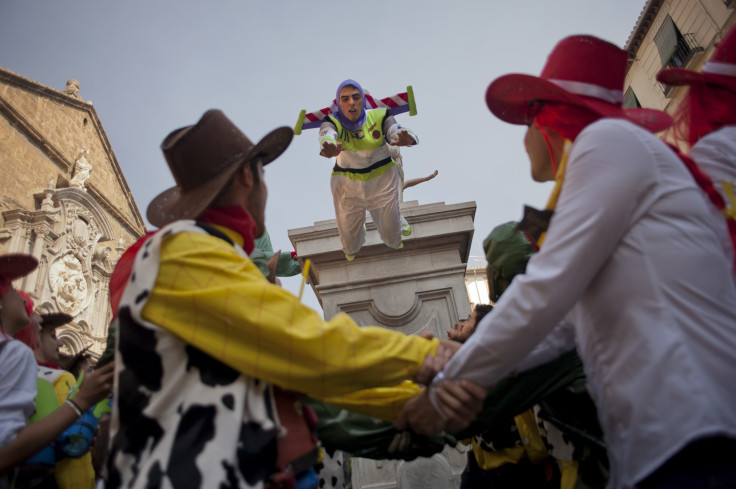After Cadet's Death, Duterte Shocks By Saying Can't Stop Hazing In Philippines

In 2018 Philippine President Rodrigo Duterte signed Republic Act 11053, or the Anti-Hazing Act of 2018. The law bans all forms of hazing and regulates initiation rites, physical and psychological, of fraternities, sororities, and organizations in order to make it safer for recruits or new members.
On Tuesday the President admitted it would be difficult to stop hazing and enforce the law. He told the media prior to his official visit to Russia, “[Translation] Frankly, you can't get rid of it.”
The law is designed to prevent what happened to Darwin Dormitorio, a Philippine Military Academy (PMA) plebe, who died after he was subjected to a month-long ordeal at the hands of upperclassmen. An investigation by the Baguio City police found that Dormitorio and other PMA plebes were made to exercise, then beaten up and even electrocuted with a taser.
The hazing resulted in four visits by Dormitorio to the PMA hospital. His first visit lasted eight days for abdominal bruising and a burn on his left shoulder. He died on his final visit. According to authorities, some upperclassmen downplayed Dormitorio’s symptoms and even threatened to lodge a complaint against him for deception.
Duterte is correct about how difficult it is to stop hazing. The practice dates to the founding of Plato’s academy in 387 BCE, where hazing was known as pennalism. According to Ruth Sterner in an article titled “The History of Hazing in American Higher Education” written at Oregon State University, students in the Middle Ages considered hazing to “be a natural way to teach newcomers precedence.”
The article continued, “The underlying idea ... was that the newcomer to the university was an untutored, uncivilized man, who had first to be polished before he could become a regular member of the university; before he could taste the sweets of a student's life he should suffer. The suffering might include physical abuse, subjection to coarse jokes and general humiliation and being forced to wear inappropriate clothes. All hardships were designed to make new students recognize their inferiority to upperclassman and to promote their substandard status.”
Duterte went on about how he himself went through hazing in college and was even hospitalized for three days due to a "massive hematoma." He added that he and two classmates wrote to their fraternity to "earnestly" ask to do away with hazing.
The President said he is against hazing that is "carried too far." But added, “[Translation] Unless you ban fraternities for all time by making it a criminal offense to join a fraternity, but that would raise many Constitutional issues.”
Duterte said there were rules to follow, not doing so would mean jail or death. "Ganon lang 'yan [That's just how it is]," he said.
© Copyright IBTimes 2025. All rights reserved.





















